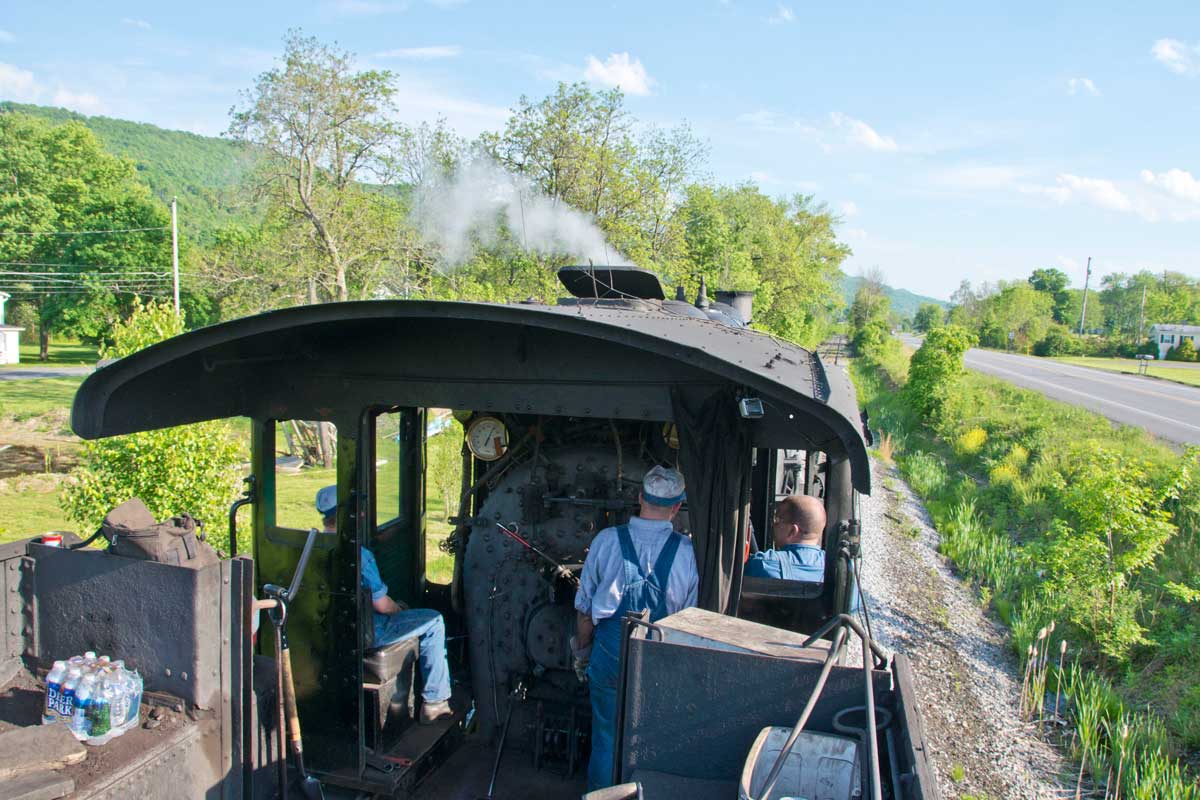The steam-electric generator being developed by CSR will employ an advanced locomotive-style boiler and compound expansion piston steam engine to generate sufficient power to make 100 kW of electricity. The boiler is designed to burn torrefied biomass fuel in a Gas Producer Combustion System and will be able to operate automatically, thanks to an additional $25,000 National Instruments Green Engineering Grant awarded to CSR in support of the RDF project.
“The Xcel grant provides a significant opportunity to push the state-of-the-art in firetube boiler, compound reciprocating steam engine, solid fuel combustion, and distributed generation system design,” said Wolfgang Fengler, MSME, CSR Senior Mechanical Engineer. “Developing an efficient boiler-generator package that can fit into a 20 foot shipping container is no small task, but our experienced team brings a diverse skillset that has translated into an innovative concept which we are eager to fashion into a working prototype.”
The NRRI RDF Grant is broken into multiple milestones, including preliminary engineering, detailed engineering, fabrication, testing, and steady state operation phases. CSR is currently focusing on the detailed engineering and fabrication milestones. Fabrication of boiler, engine, and electrical components is set to begin this summer.
“What the RDF grant has enabled CSR to do is really push boiler and steam piston engine design as can only be achieved through new-build construction,” explained CSR Technical Advisor Hugh Odom, P.E. “I am honored to serve as the Professional Engineer on this project, working with the CSR engineering team in a capacity to verify compliance of the design with ASME and other applicable codes.”
When completed, the boiler generator unit will be installed at NRRI’s Biofuel Conversion in Coleraine, Minnesota, where it will undergo commissioning and steady state operations. That facility is a former Oliver Iron Mining Railroad maintenance complex which has been converted into a one-of-a-kind minerals and biofuel research center by NRRI.




